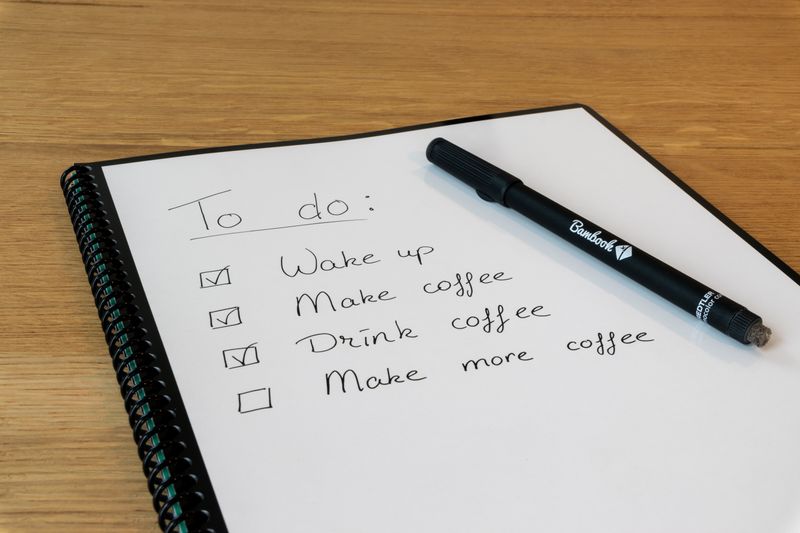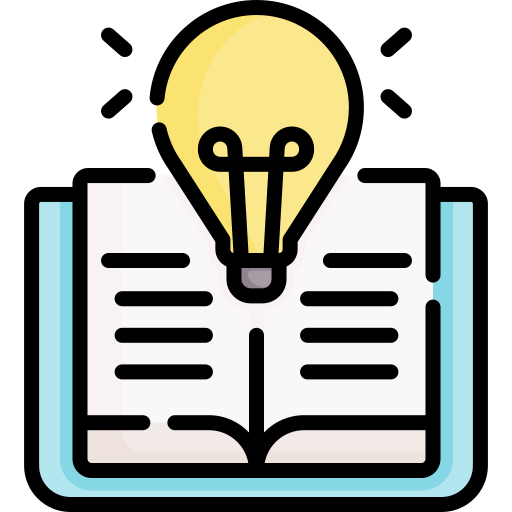You've studied hard for your exams all year, but your grades aren’t as good as you hoped.
 Photo by Tim Gouw on Unsplash
Photo by Tim Gouw on UnsplashAre you looking for a new study routine to improve your performance on exams?
If so, discover these 3 good study habits I used to help you to ace your next exam and be a happier student!
What is a Study Habit?

A study habit is a regular practice of a routine that promotes and improves your knowledge and skills. It can make studying more manageable and enjoyable, and help you to achieve your goals more effectively.
Tip 💡
Studying doesn’t have to be a nightmare! The key is to develop good study habits instead of bad ones.

Good habits for students include:
Creating a timed study schedule and setting your goals
Organizing study materials and prioritizing tasks
Establishing a designated area for study at home/school/library
Taking frequent breaks using the Pomodoro Technique

Bad habits habits for students include:
Studying without a plan
Multi-tasking — for example, studying while texting with your friends
Not taking breaks
Procrastinating and not asking for help
Quiz
Rachel wants to improve her grades, and she has just started to explore some study habits to help improve her performance on exams. What is one study habit that she should NOT follow?
Why Do We Need Good Study Habits?
We need to develop good study habits because the most effective learning techniques and their application help us to perform at our best. I realized that one of my good habits was starting with the hardest and the least likable tasks.
Otherwise, I would procrastinate on these tasks forever.
 Photo by Thomas Bormans on Unsplash
Photo by Thomas Bormans on UnsplashHere are my top 3 habits to study effectively and get the best out of yourself.
1. Build Your Personal Development Plan

When figuring out my study habits and routine, defining my goals, strengths, and weaknesses was a game-changer, making studying more manageable. For example, my study goal at university was to pass my exams with a 90% or better.
In addition, consider:
Reading and implementing the 3 steps from this related Byte: Build your personal development plan today.
Joining a study group to collaborate on creating your personal development plan
Listening to the podcast The Secrets Behind Goal-Setting That Turn Dreams Into Reality with Lewis Howes and Michael Hyatt to clarify your goals.
Subscribe for more quick bites of learning delivered to your inbox.
Unsubscribe anytime. No spam. 🙂
2. Make Studying Fun
 Photo by Possessed Photography on Unsplash
Photo by Possessed Photography on UnsplashYou might ask yourself how it's possible to make studying fun, especially when the subject isn't your favorite. I asked the same, but studying picnic-style with friends at a local park boosted my mood and improved my focus as I was surrounded by nature.
To make studying fun, consider:
Creating your own free and printable flashcards, for example, on Canva or Quizlet, to help you recall and retain information before exams.
Finding a study buddy to socialize with and help you stay accountable to your study schedule and commitments.
Recording all the essential information you need using a voice recorder app. Listen to them while walking, sipping your favorite beverage, or doing anything that makes you happy.
Did you know?
3. Celebrate Your Success

I had a goal of getting my first Byte published on Rumie's website within the first two weeks of writing it. When it was published, I celebrated by popping a party confetti cannon. This fueled me with more energy to write more Bytes.
You too can celebrate meeting your goals for each study session. You can reward yourself when you meet them by:
Spending time with your loved ones and sharing your joy with them.
Writing down your accomplishments on paper and be grateful for them.
Doing anything you're passionate about, which can help you stay positive.
Take Action

Although there's no "one size fits all" when it comes to exploring and practicing study habits, there is one common goal: to prepare to ace an exam. Remember to:
Your feedback matters to us.
This Byte helped me better understand the topic.
